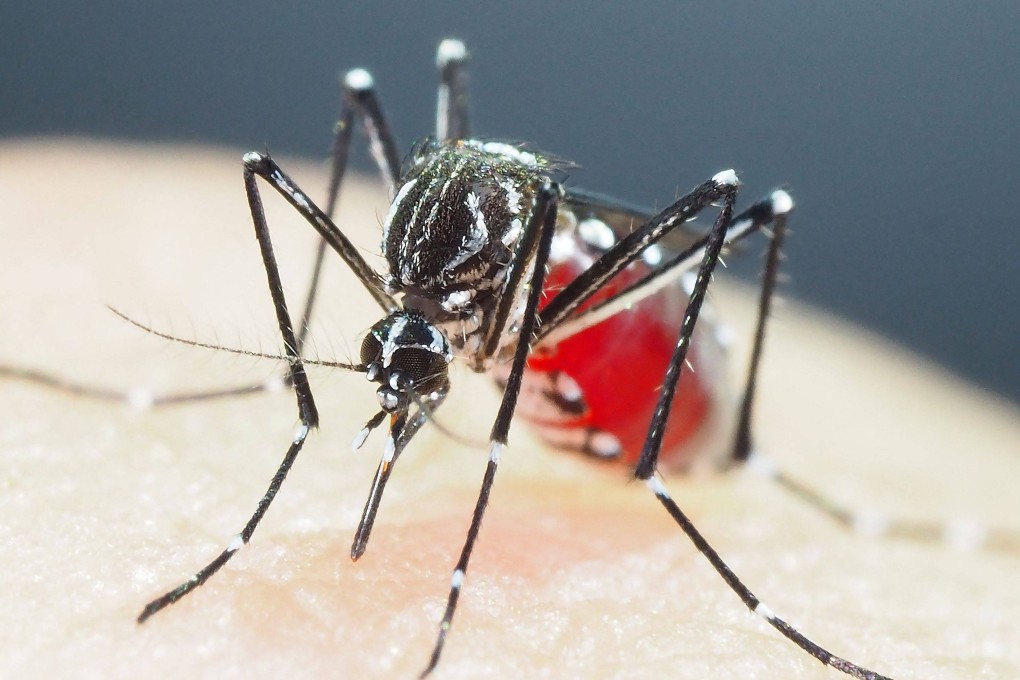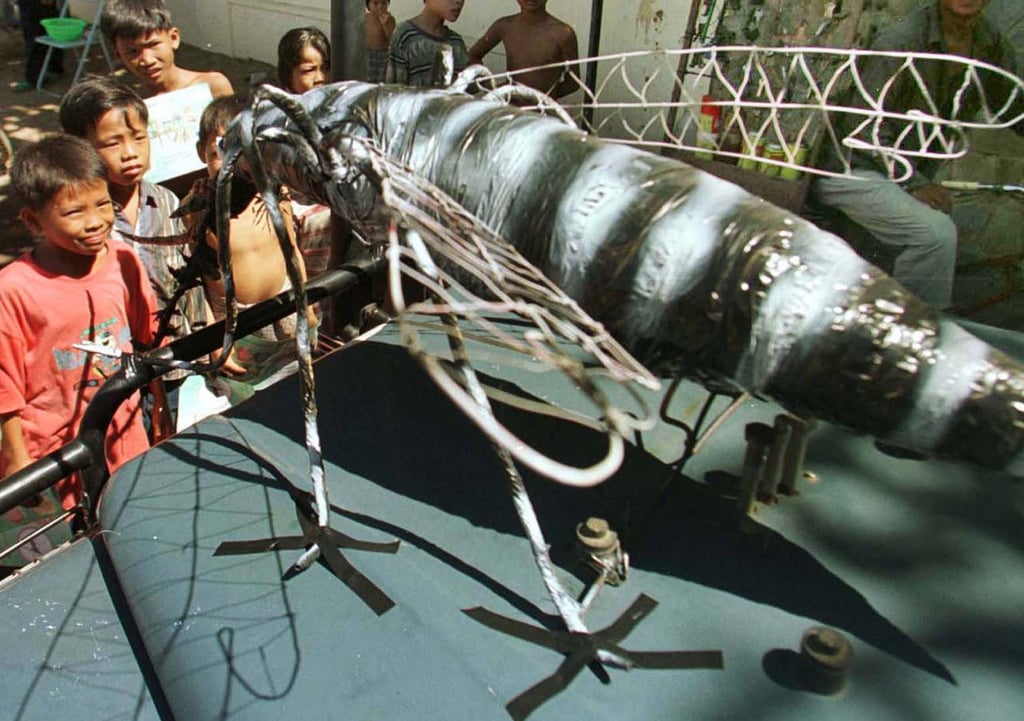Advertisement
Asia’s super-resistant mutant mosquitoes swat away insecticides: ‘we have to think of a solution’
- A team of Japanese scientists found mutations in mosquitoes from Cambodia and Vietnam that make some virtually impervious to popular insecticides
- It’s sparked concern that new control methods need to be found before the mutations spread to mosquitoes elsewhere in the region – and the wider world
Reading Time:2 minutes
Why you can trust SCMP

Mosquitoes that transmit dengue and other viruses have evolved growing resistance to insecticides in parts of Asia, and novel ways to control them are desperately needed, new research warns.
Health authorities commonly fog mosquito-infested areas with clouds of insecticide, and resistance has long been a concern, but the scale of the problem was not well understood.
Japanese scientist Shinji Kasai and his team examined mosquitoes from several countries in Asia as well as Ghana and found a series of mutations had made some virtually impervious to popular pyrethroid-based chemicals like permethrin.
Advertisement
“In Cambodia, more than 90 per cent of Aedes aegypti mosquitoes have the combination of mutations that results in an extremely high level of resistance,” Kasai said.

He found some mosquito strains had 1,000-fold resistance, compared to the 100-fold seen previously.
Advertisement
Advertisement
Select Voice
Choose your listening speed
Get through articles 2x faster
1.25x
250 WPM
Slow
Average
Fast
1.25x